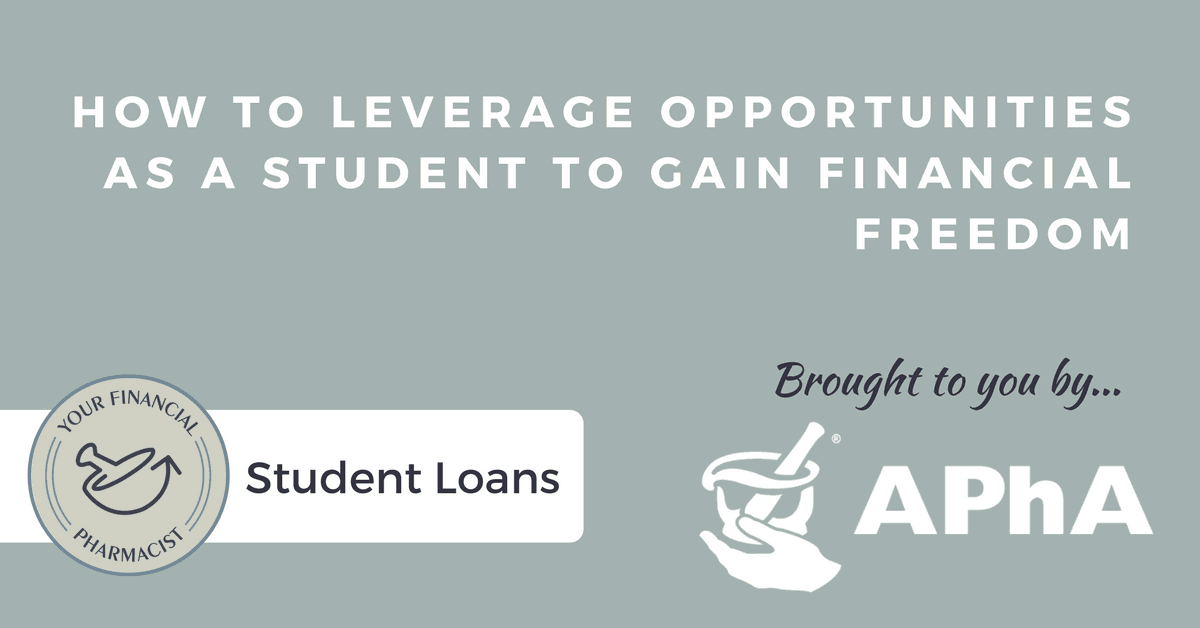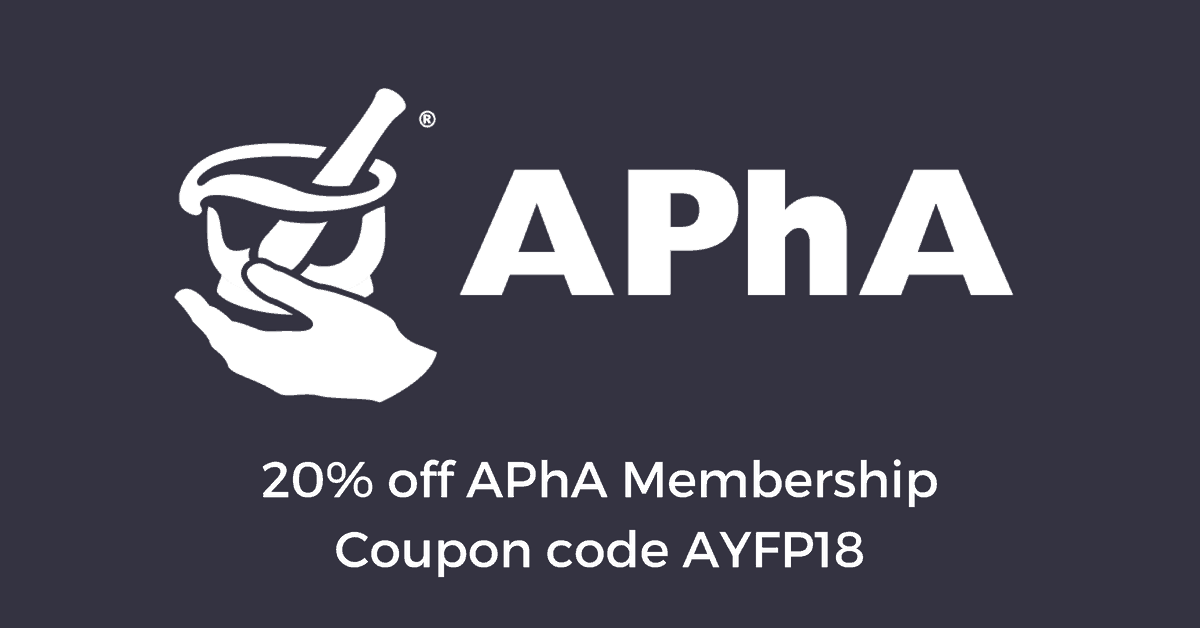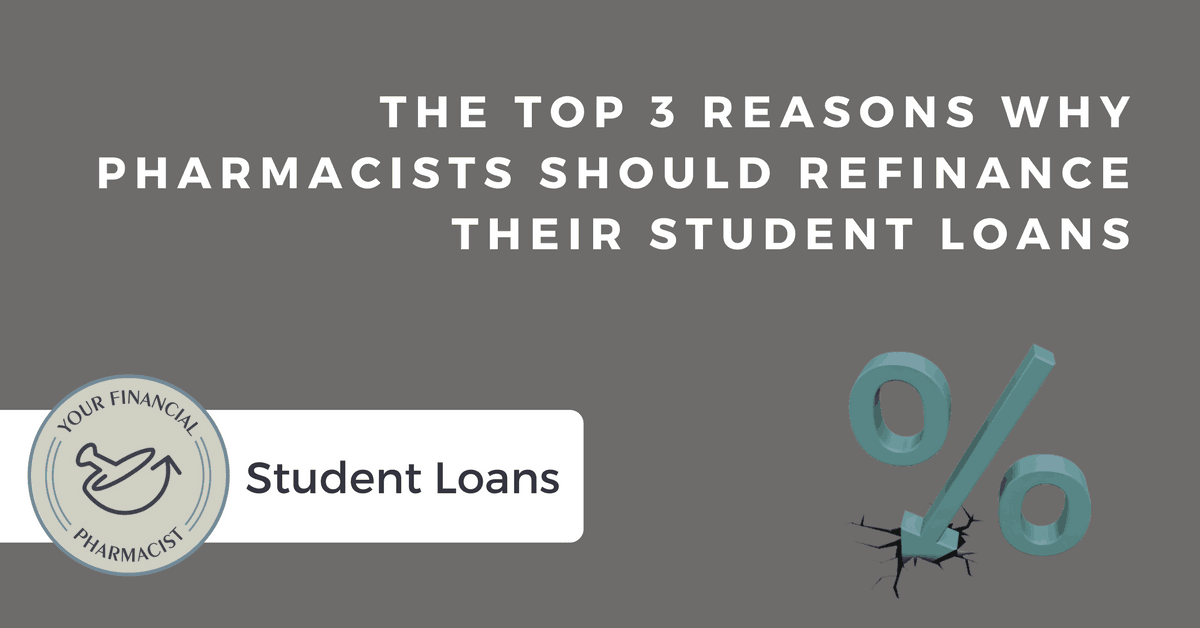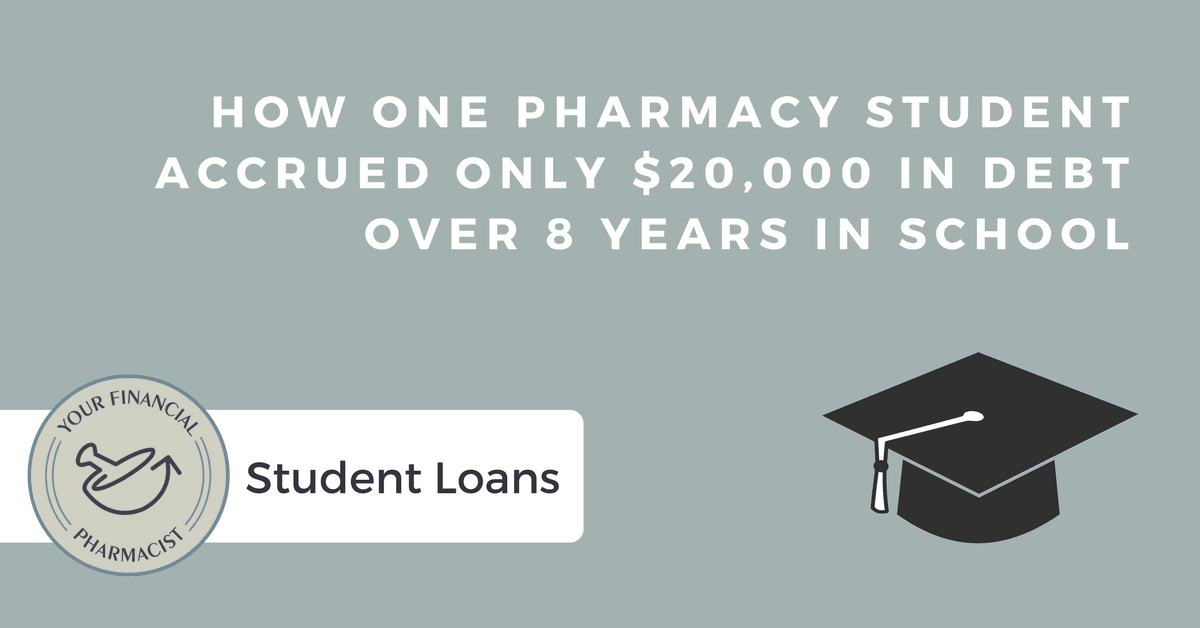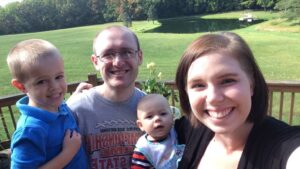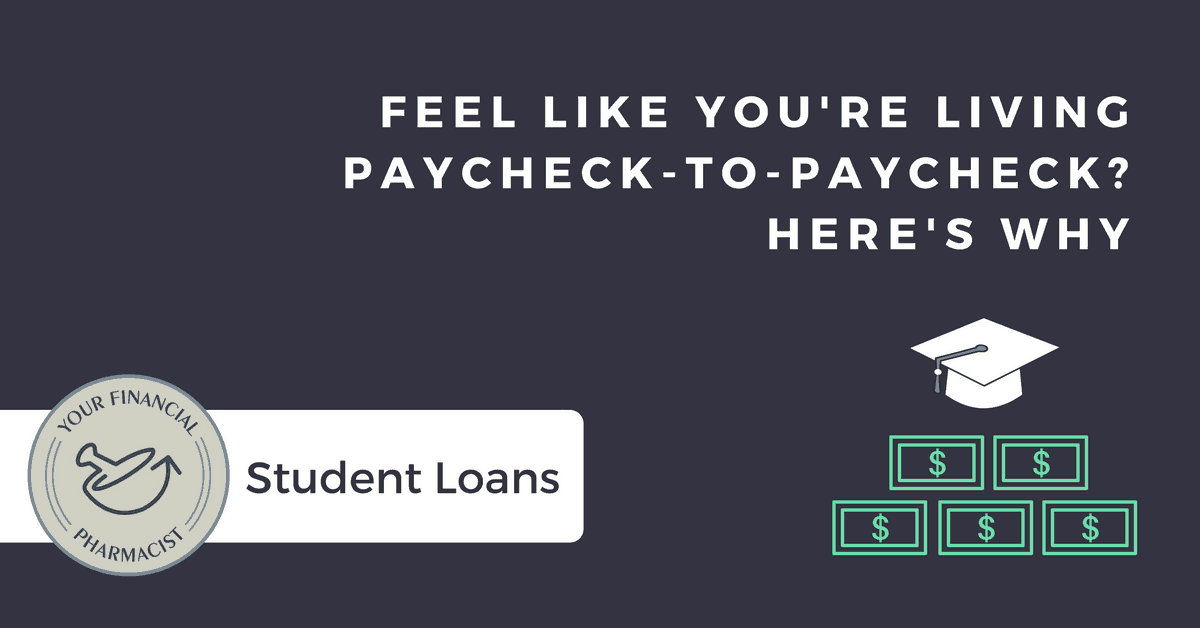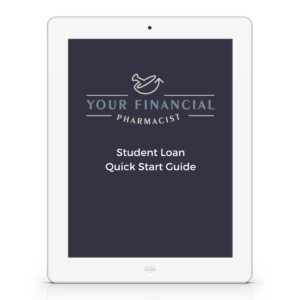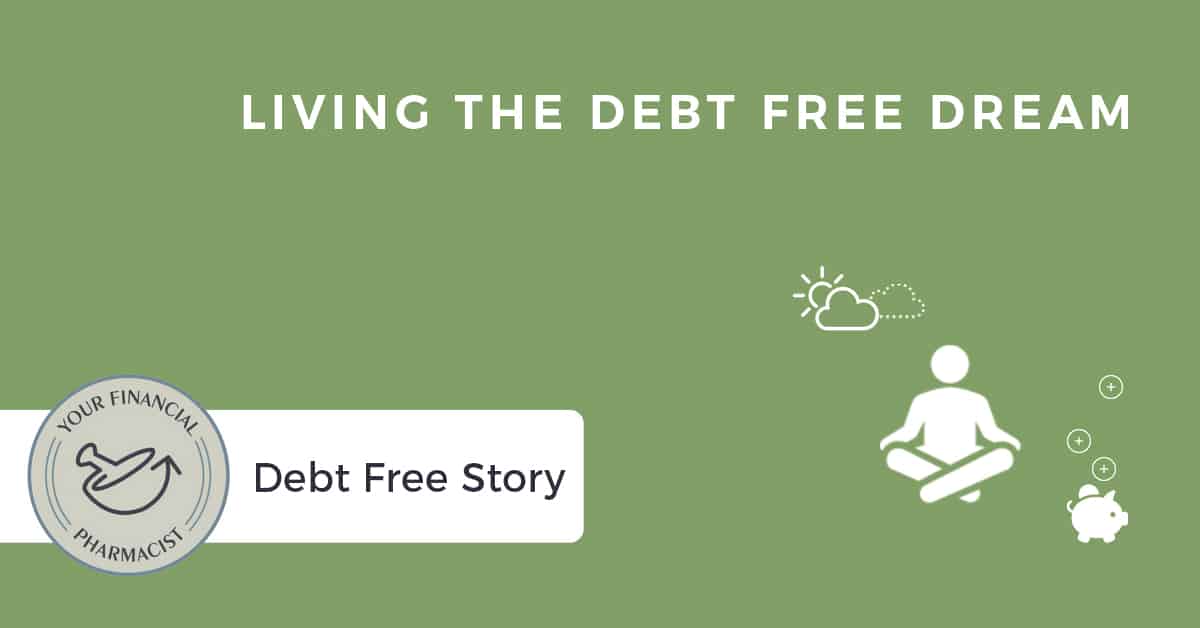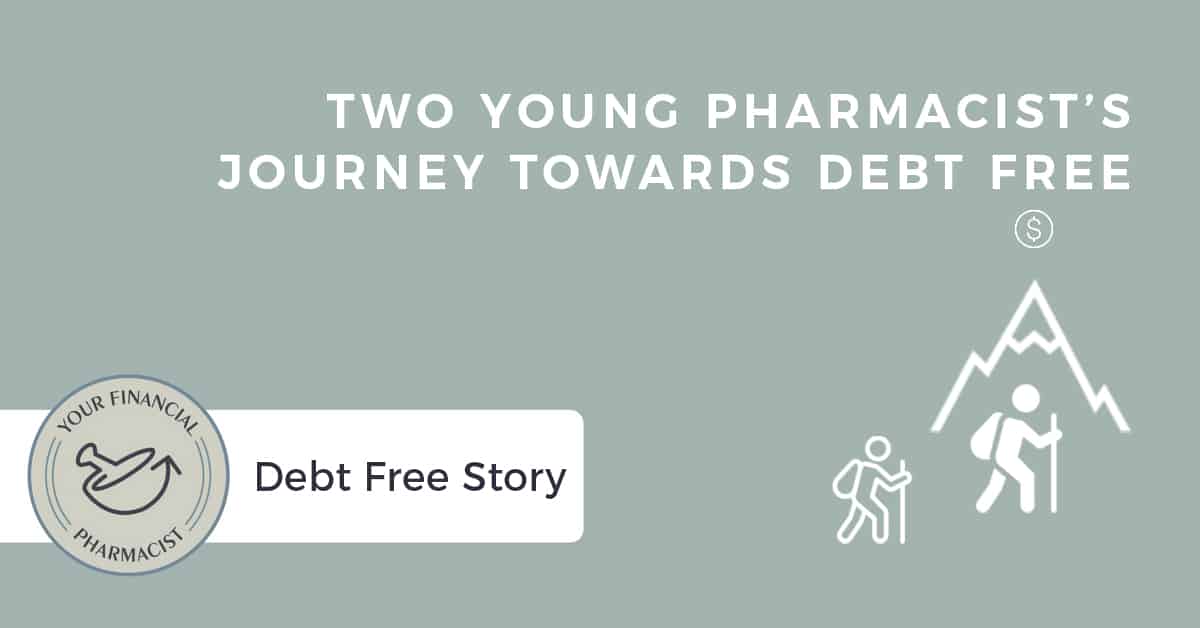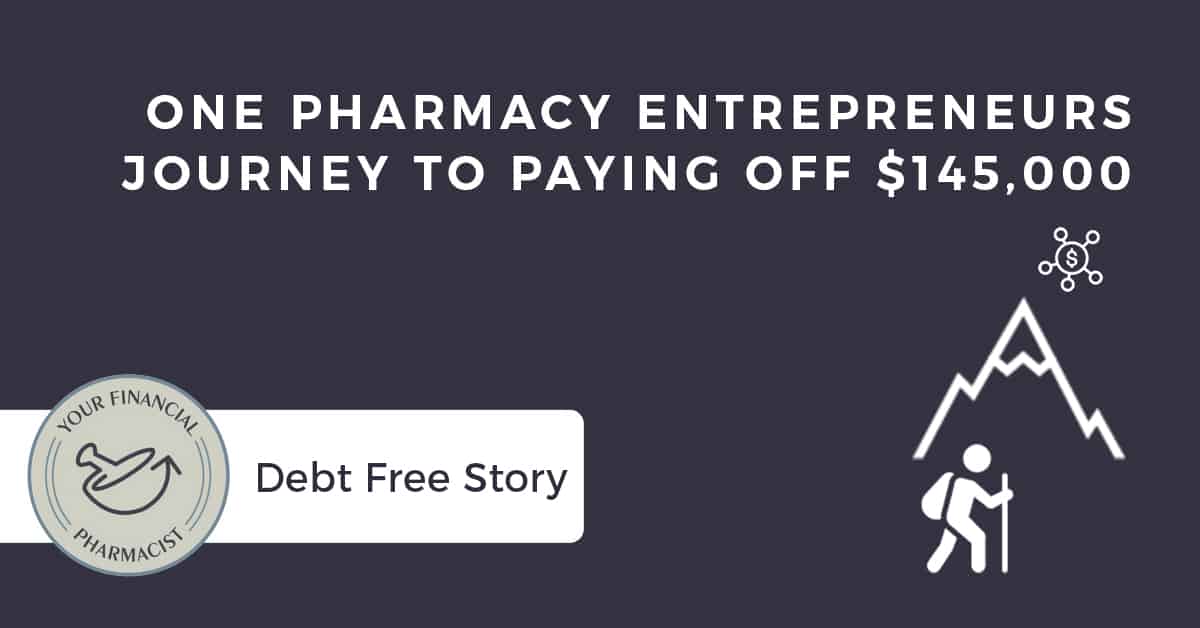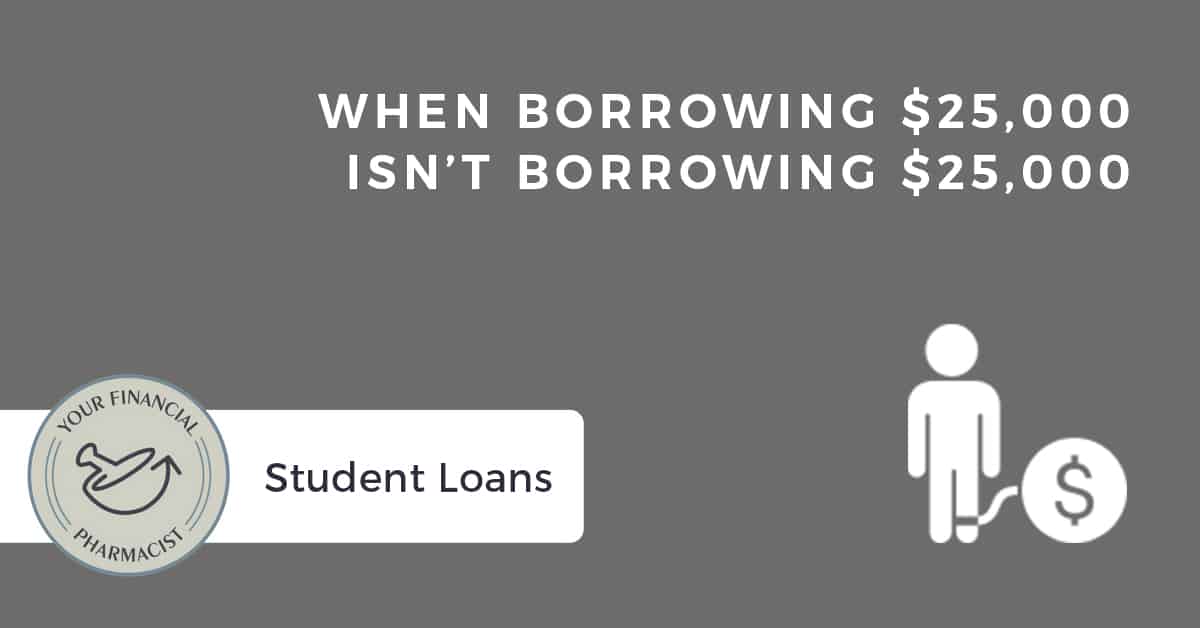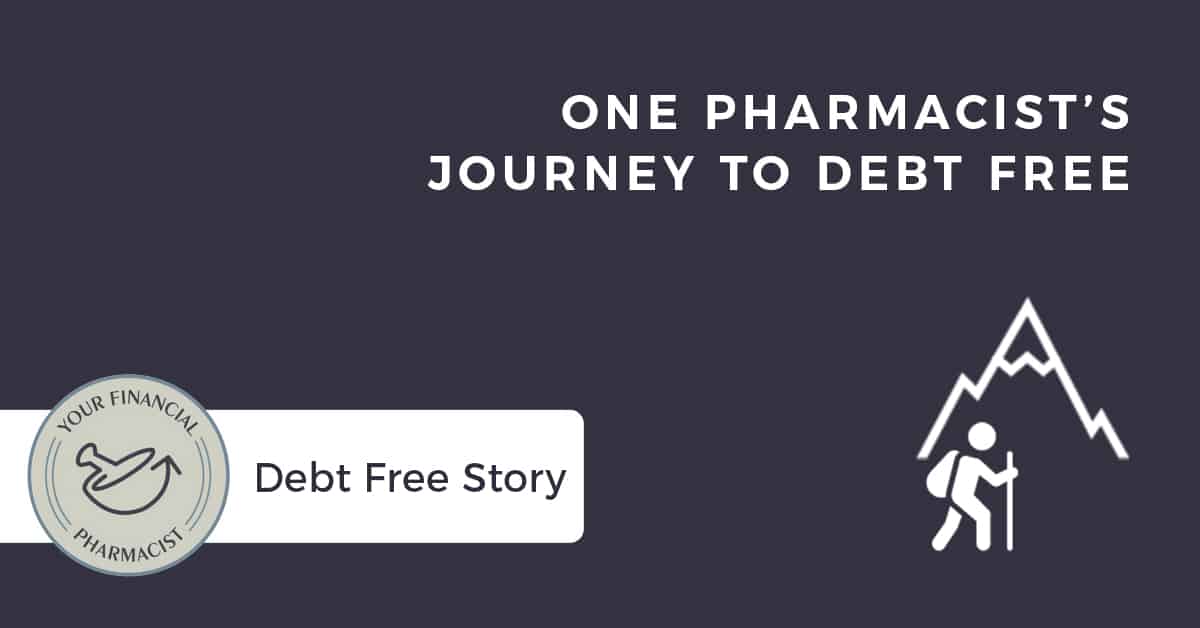The following post is authored by Tim Frost, PharmD and brought to you by the American Pharmacists Association (APhA). Your Financial Pharmacist has partnered with APhA to deliver personalized financial education benefits…exclusively for APhA members. You can learn more about APhA and the benefits of becoming a member by visiting www.pharmacist.com/join-now. Use the coupon code AYFP18 for 20% off your membership!
Do you ever reflect on the decisions you’ve made throughout life and how each respective decision plays out over time? In his Stanford University commencement speech Steve Jobs said, “You can’t connect the dots looking forward; you can only connect them looking backwards. So you have to trust that the dots will somehow connect in your future…” As I continue to the finish line of my postgraduate fellowship year, I often reflect on my college experiences and the subsequent impact they have made on my life and pharmacist career opportunities.
I started college with a number of personal goals: graduate, create lifelong friendships, maintain personal morals, and increase self-awareness, among many others. Looking back and connecting the dots, one of the most valuable goals I set was to limit student loan debt and increase financial opportunities. Perhaps one my best financial decisions was choosing an affordable institution for education, but I would be remiss to not share with you a few college decisions that have played out over time to increase my financial freedom.
Triple-down on work in the summer and holidays
Let’s be real, nobody in their right mind looks forward to a 4am alarm during summer break — I certainly didn’t. From the beginning of fall semester to the final exams in the spring, I dreamed of a relaxing vacation or at minimum a few days of Netflix binge. However, the pragmatic fears of student loan debt and looming tuition payments quickly snapped me back to reality. From my freshmen year until post doctorate graduation, I spent my summers and holidays working multiple jobs. I regularly worked 90-100 hours, starting my early mornings merchandising for the Coca-Cola Company and finishing my night as a pharmacy intern at ProMedica Toledo Hospital. My summer and holiday work habits played a critical role in both graduating with my bachelor’s degree without any student loan debt and providing ample financial cushion for the difficult workload and exam weeks.
Take your financial education as serious as your professional education
Anyone who has lived through the grind of pharmacy school has at some point chosen to take on a history of jazz or an introduction to [insert random topic] style class as a means to: 1) complete your undergraduate and professional electives; and 2) take your mind off anything pharmacy related and just breathe. Three of the most beneficial courses I chose were related to economics, accounting, and financial planning. While these courses didn’t grant me a “financial guru” status, they gave me a solid foundation to continually build on in the future. Even if your college of pharmacy doesn’t have baseline business and finance prerequisites to graduate, I would recommend unequivocally you strongly consider the financial educational opportunities offered at your respective institution.
My most memorable college financial education experience came from an APPE rotation in a community pharmacy. As with previous rotations, I walked in on day one hungry to get involved with a passion to learn and a drive to implement meaningful change. After meeting the pharmacy staff and getting a brief tour of the pharmacy, I was caught off guard when my pharmacist preceptor stated, “My goal for this rotation is to teach you everything you need to know about community pharmacy, but more importantly teach you how to be financially successful no matter what practice setting you decide to pursue.” We spent an hour per day discussing the in’s and out’s of student loans, budgeting, home ownership, life insurance, disability insurance, 401K investments, Roth IRA’s, among others. I’m confident in saying the financial education he invested in me will pay dividends for the rest of my life.
Network, Network, Network
An often overlooked undefined category in the asset column for everyone is the impact your personal professional relationships can play on creating, maintaining, and securing financial freedom. The first networking step for me was getting involved with my college APhA-ASP chapter and attending a patient-care project event. I made one meaningful connection that day, and the power of that one relationship changed everything for me. I financially invested in myself to attend every APhA conference I could afford while in pharmacy school — Region IV MRM, APhA Summer Leadership Institute, APhA Annual, and APhA Institute on Alcoholism and Drug Dependencies, among others.
Over time, the relationships compounded and I found myself engaging with the key thought leaders in the profession. In his book Never Eat Alone, Keith Ferrazzi states, “By giving your time and expertise and sharing them freely, the pie gets bigger for everyone.” What started as a hello and introduction, grew into opportunities for me to recognize my networks needs and subsequently bring value to them. Those leaders returned value exponentially by connecting me with their network or offering unique APPE rotations, research publications, and career positions. While my financial portfolio begins to grow, I have found my social professional relationship portfolio is the greatest asset of capital I own.
|
Pictured above (left to right): Jordan Long, PharmD, Tim Frost, PharmD and Deeb Eid, PharmD at the 2016 APhA Annual Meeting in Baltimore, MD
|
Join the YFP Community!
Recent Posts
[pt_view id=”f651872qnv”]

